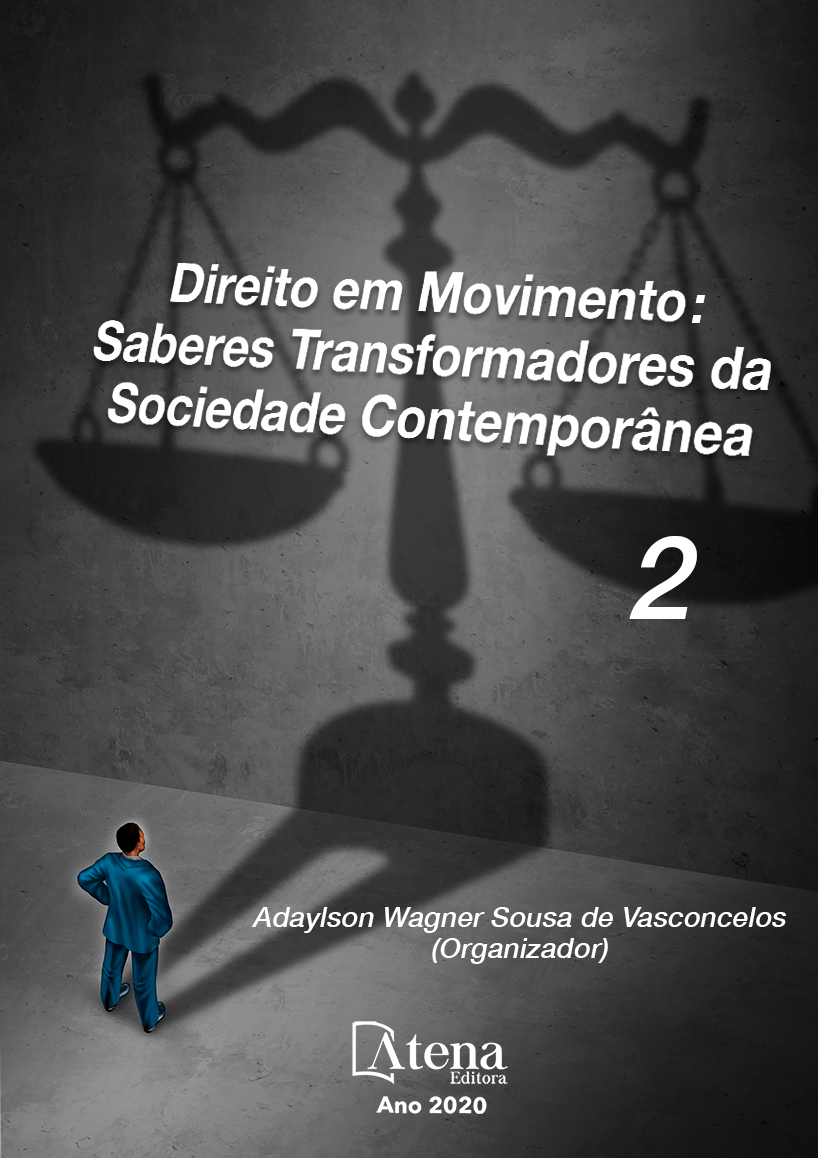
ANÁLISE CRÍTICA SOBRE O ENSINO JURÍDICO NO BRASIL
O presente artigo tem por objetivo promover uma análise crítica sobre o modelo de ensino jurídico vigente nas instituições brasileiras de ensino superior, bem como verificar o papel do docente no processo de ensino-aprendizagem. Neste sentido, parte de sua contextualização histórica a fim de delinear os motivos de sua má qualidade na atualidade. Busca ainda situar o direito como um objeto cultural, considerando as três dimensões da experiência jurídica: a normativa, a fática e a valorativa, para que se possa compreender de forma integral o fenômeno jurídico, priorizando uma formação humanística em detrimento da técnico-legalista. Enfatiza também a importância do papel do docente no processo de ensino-aprendizagem e a necessidade de uma formação continuada voltada para a prática pedagógica. Por fim, conclui pela necessidade de mudança, apresentando algumas propostas que podem contribuir para a superação da crise experimentada. Essas questões foram analisadas com a utilização do método dedutivo, partindo-se da identificação histórica acerca do modelo de ensino jurídico vigente, para depois, apontar os atuais desafios enfrentados pela comunidade acadêmica no que se refere à qualidade do ensino, propondo soluções para tanto.
ANÁLISE CRÍTICA SOBRE O ENSINO JURÍDICO NO BRASIL
-
DOI: 10.22533/at.ed.70820180819
-
Palavras-chave: Ensino jurídico. Tecnicismo. Criticidade. Docência.
-
Keywords: Legal education. Technicality. Criticality.Teaching.
-
Abstract:
This article aims to promote a critical analysis of the legal teaching model in force in Brazilian higher education institutions, as well as to verify the role of the teacher in the teaching-learning process. In this sense, part of its historical contextualization in order to delineate the reasons for its poor quality today. It also seeks to situate the law as a cultural object, considering the three dimensions of legal experience: the normative, the factual and the evaluative, so that the legal phenomenon can be fully understood, giving priority to a humanistic formation over the technical-legalistic one. It also emphasizes the importance of the teacher's role in the teaching-learning process and the need for continuing education focused on pedagogical practice. Finally, it concludes the need for change, presenting some proposals that can contribute to overcoming the crisis experienced. These questions were analyzed using the deductive method, starting from the historical identification about the current legal education model, and then pointing out the current challenges faced by the academic community regarding the quality of education, proposing solutions for this.
-
Número de páginas: 18
- Rosiane Sasso Rissi


